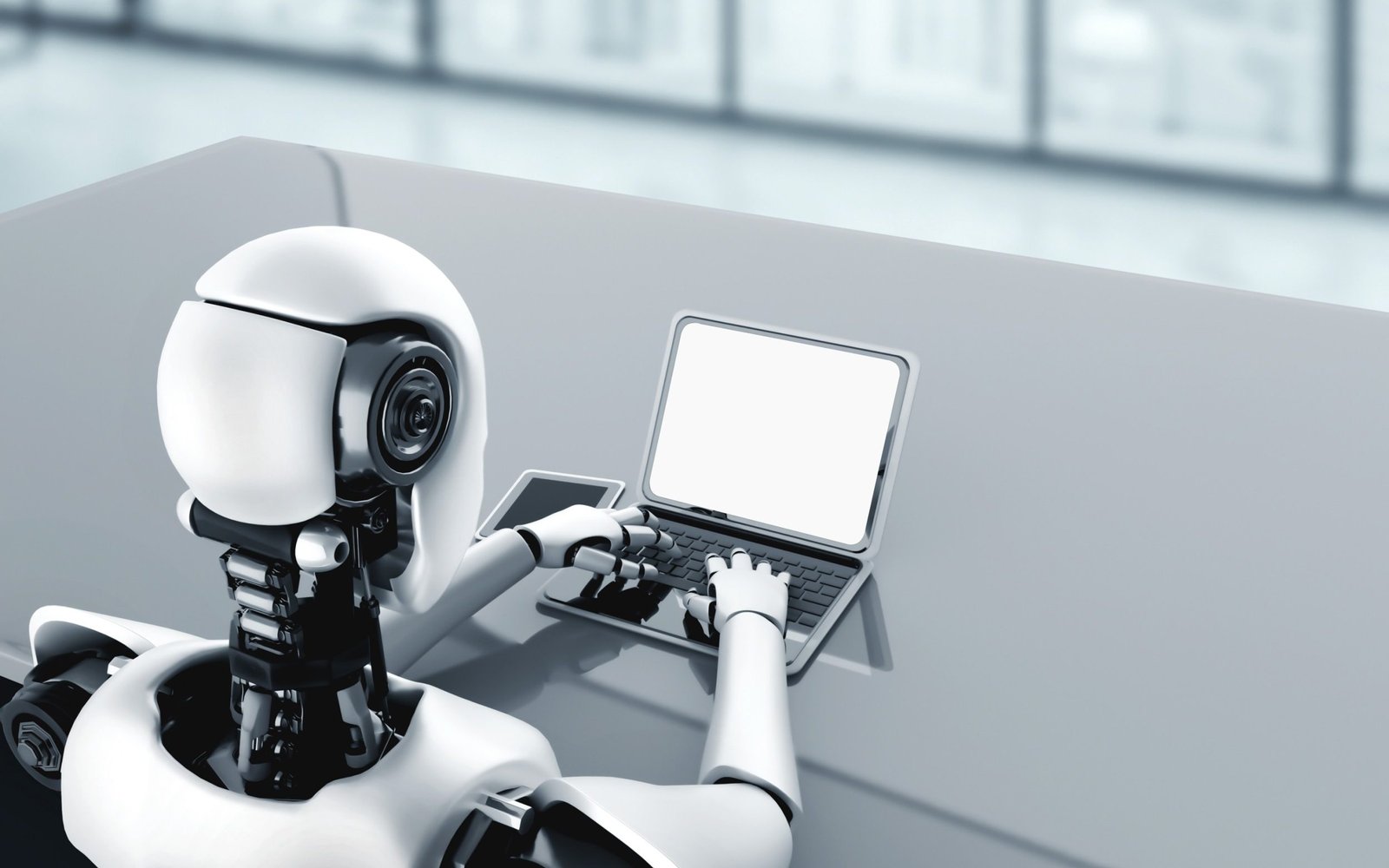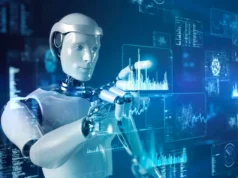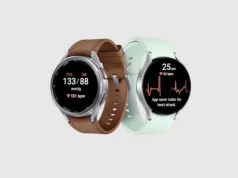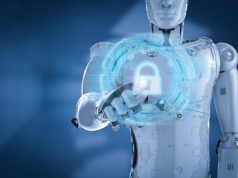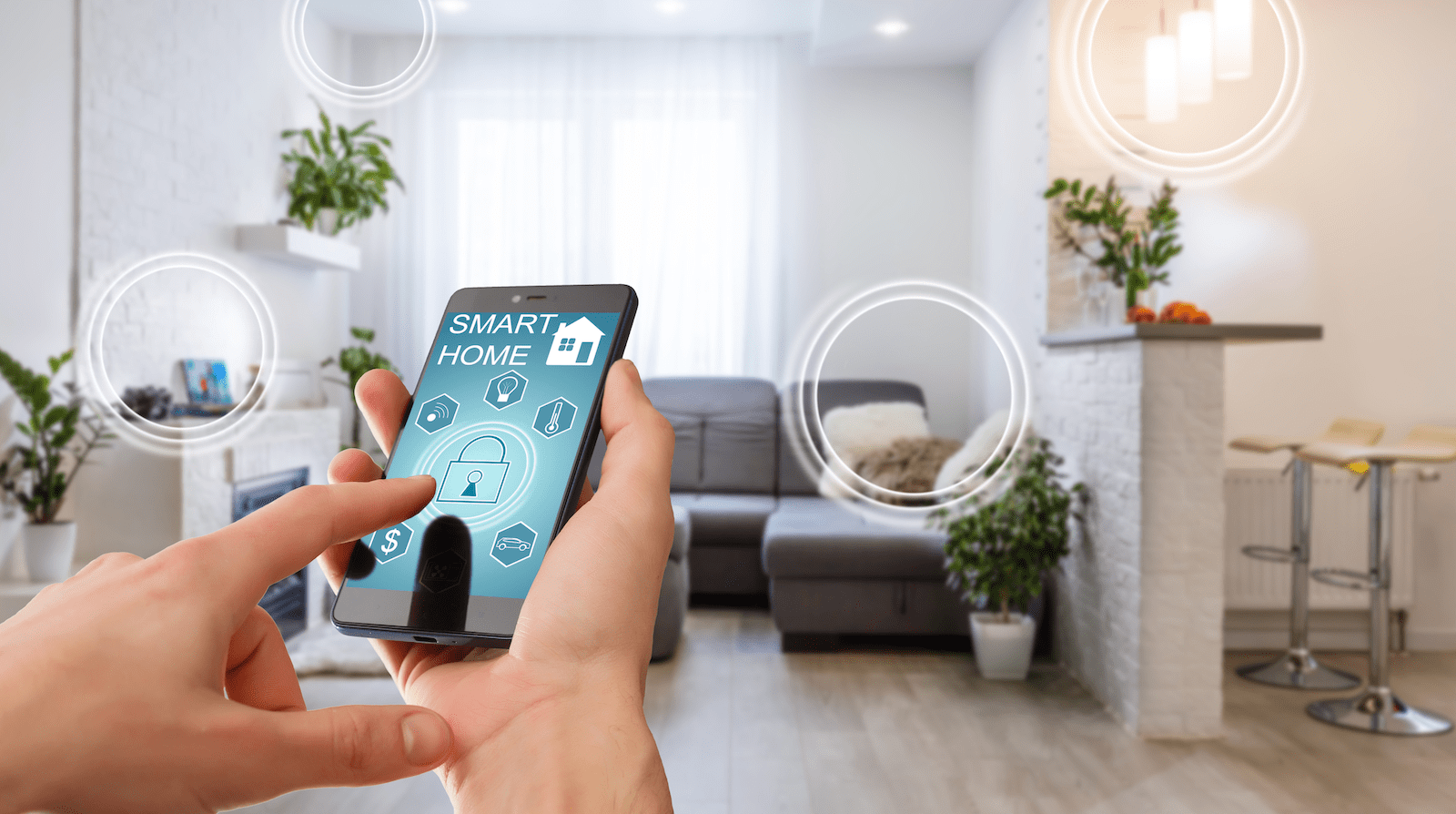A recent study by the Institute for Work think tank has uncovered a concerning trend: workers exposed to AI-driven software, surveillance tracking devices, and advanced robotics in the workplace frequently experience diminished quality of life. The alarming findings highlight the need for careful consideration when implementing these technologies to ensure employee well-being remains a top priority.
Key highlights of the study:
- AI, surveillance, and robotics may have negative well-being effects: The study suggests these technologies can lead to poorer overall health and reduced quality of life.
- Technology isn’t inherently negative: The study stresses that the issue lies not in the technologies themselves but how they are used and managed.
- Over 6,000 workers surveyed: The results are based on a robust survey providing significant insights into worker experiences.
- Urgent need for balance: Companies need to weigh the benefits of technology against potential downsides to employee well-being.
Surveillance, Automation, and the Impact on Workers
Based on a survey of over 6,000 individuals, the study delved into the effects of cutting-edge workplace technology on well-being. Technology categories included AI-based software, wearable tracking devices used for employee monitoring, and various forms of robotics. The results indicate a significant correlation between increased exposure to these technologies and poorer health and well-being scores among workers.
While the study does not pinpoint the exact root causes, it emphasizes that the negative impacts likely stem from how these technologies are implemented and the decisions made around their use. Potential concerns include:
- Heightened stress from constant monitoring: Surveillance technologies can create a heightened sense of pressure for employees, leading to anxiety and burnout.
- Loss of autonomy and control: AI systems sometimes assume decision-making roles, potentially stripping workers of their sense of ownership and agency.
- Fear of job displacement: Advanced robotics and automation can raise concerns about job security and future career prospects for employees.
Balancing Technological Progress and Worker Well-being
Experts warn against completely resisting new technologies in the workplace. AI, surveillance systems, and robotics offer numerous potential benefits, including enhanced efficiency, data-driven insights, and improved safety. The key, it seems, lies in striking the right balance.
“It’s vital for employers to recognize that technology should never come at the cost of employee well-being.” remarked a spokesperson for the Institute for Work. “Proactive measures must be taken to mitigate the risks posed by these technologies, ensuring that workers feel valued, respected, and empowered in their roles.”
Recommendations for Responsible Technology Use
The study offers several practical steps for employers seeking to harness these technologies ethically:
- Transparency and communication: Open dialogues with employees about how technologies are utilized are essential for building trust.
- Employee involvement in decision-making: Giving workers a voice in how technologies are integrated fosters a sense of agency.
- Support and training programs: Upskilling and support systems are essential as work processes evolve alongside technology adoption.
- Prioritize employee well-being: Make physical and mental health support readily available, recognizing the potential stress caused by technological shifts.
Shaping a Future Where Workers and Technology Thrive
The growing presence of AI, surveillance, and robotics in the modern workplace is undeniable. This study serves as a critical reminder that this technological revolution must center around human well-being. Employers have a responsibility to ensure the technologies they implement serve not only business objectives but uplift and empower their employees. Only then can we create a future where technology and human ingenuity collaborate for mutual benefit.

